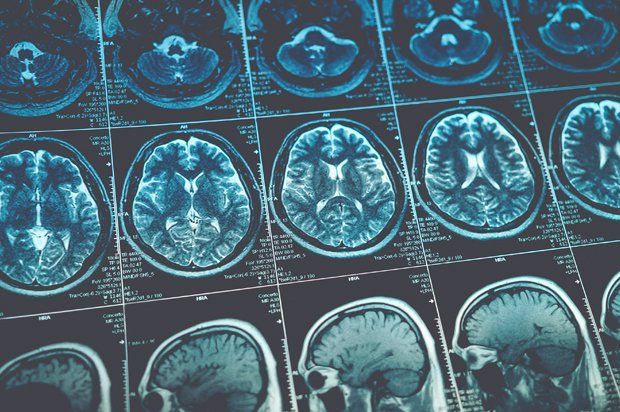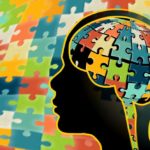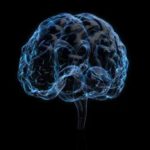In a recent study, researchers were able to identify cognitive and behavioral deficits correlated with autism spectrum disorder caused by a missing protein known as p75NTR.
The findings, released in the Journal of Neuroscience, may also deepen our understanding on whether any genetic link between autism and neurodegenerative illnesses, like Alzheimer’s disease, exists.
During the study, the team at Rutgers University sought to get a more comprehensive standpoint on the primary function in brain development of the p75NTR protein and the death of brain cells caused by this form of genetic mutation. The protein has been probed in the past for potential correlations with neurodegeneration.
In the team’s examination of rodents, they found that the participants with no trace of the p75NTR protein had an abnormally high level of brain cells in the cerebellum, a region of the brain synonymous with autism spectrum disorder. Experiments were initiated on the rodents with and without the presence of p75NTR protein in the brain.
From the findings: “The cerebellum has been shown to be involved in numerous behaviors in addition to its classic association with motor function. Cerebellar function is disrupted in a variety of psychiatric disorders, including those on the autism spectrum.”
“Here we show that the p75 neurotrophin receptor, which is abundantly expressed in the proliferating cerebellar granule cell progenitors, regulates the cell cycle of these progenitors,” researchers explained.
“In the absence of this receptor, the cell cycle is dysregulated, leading to excessive progenitor proliferation, which alters the balance of inputs to Purkinje cells, disrupting the circuitry and leading to functional deficits that persist into adulthood.”
The findings concluded: “These results demonstrate the necessity of appropriate developmental timing of the cell cycle for establishment of proper connectivity and associated behavior.”


